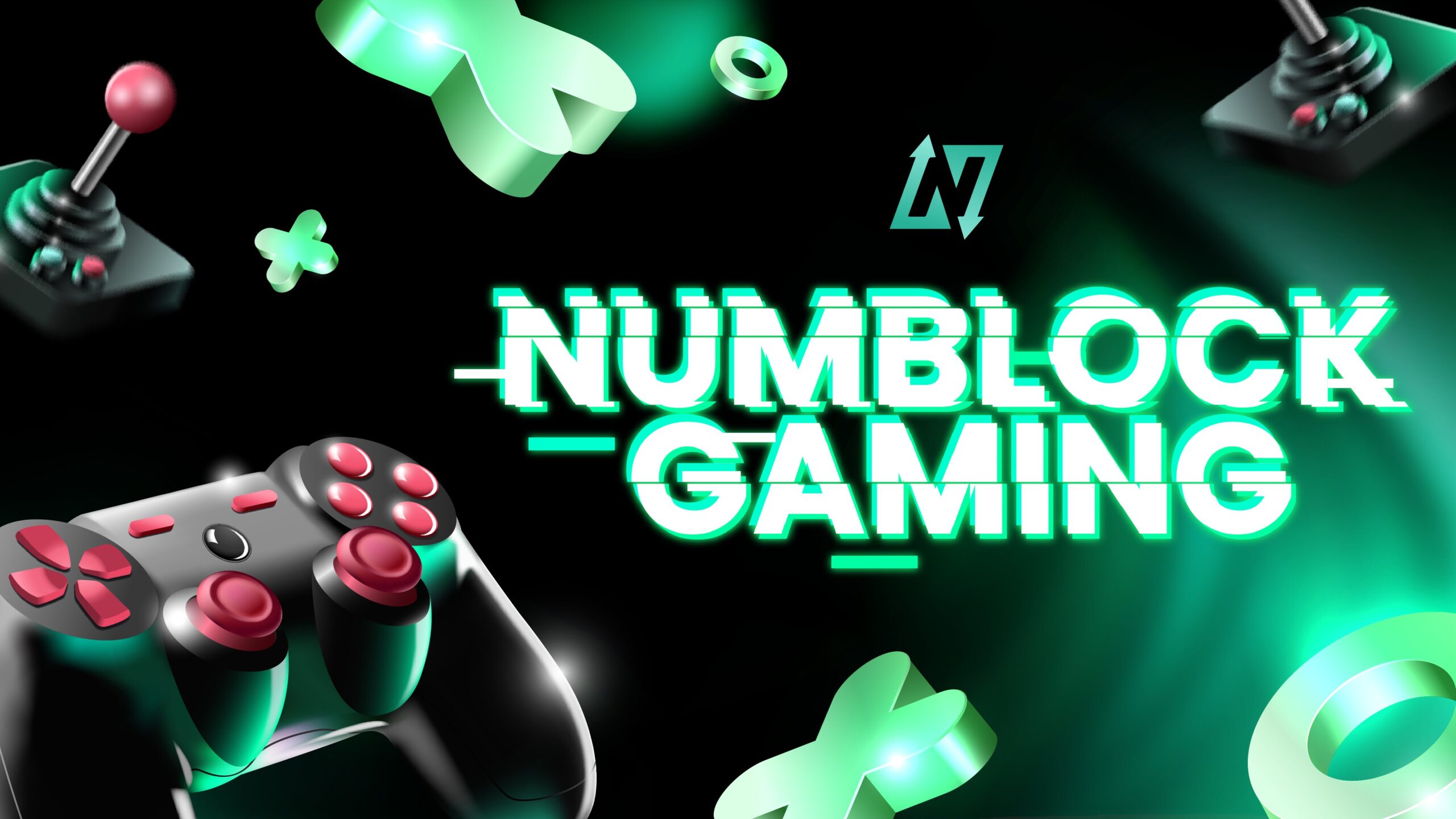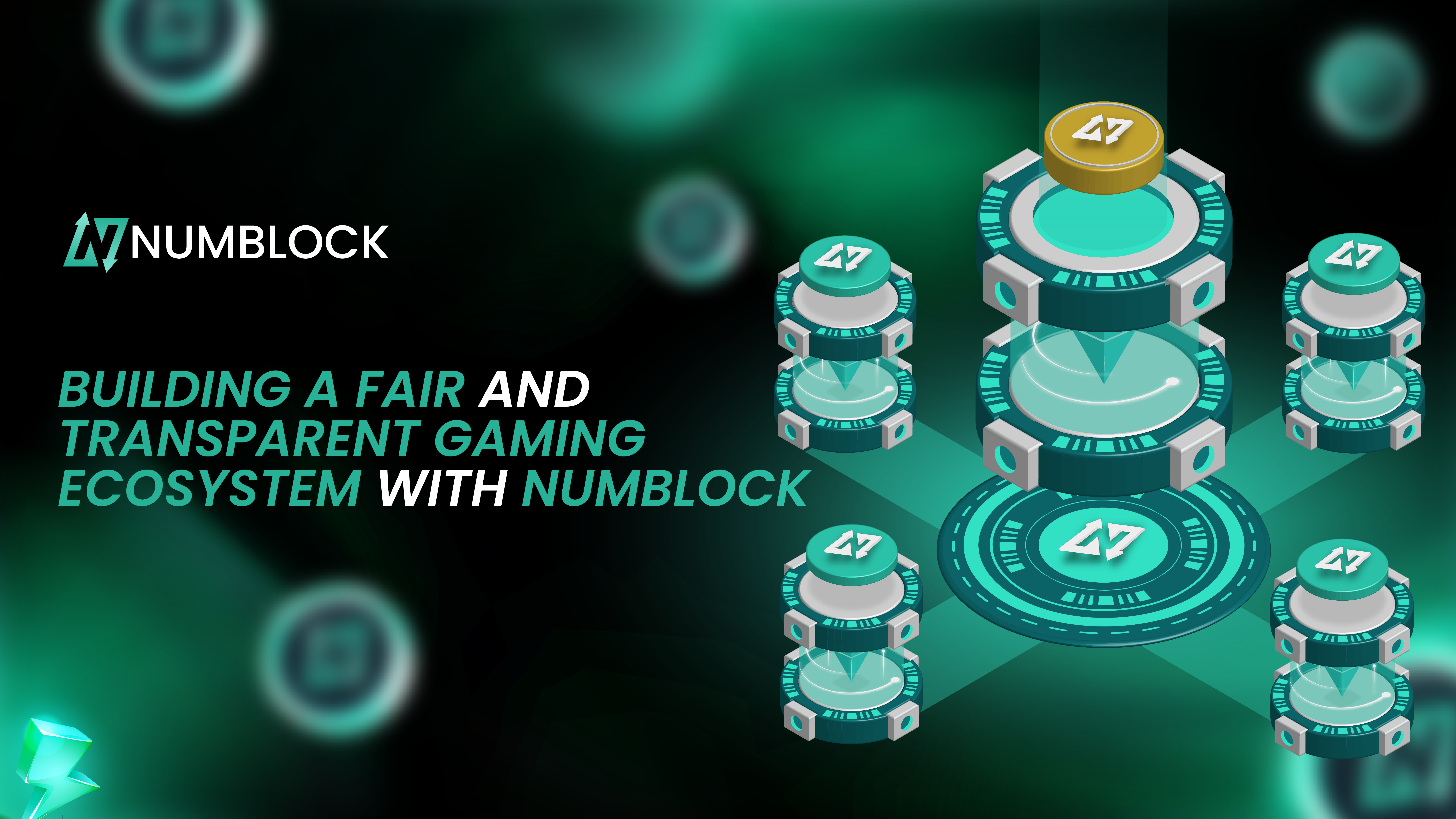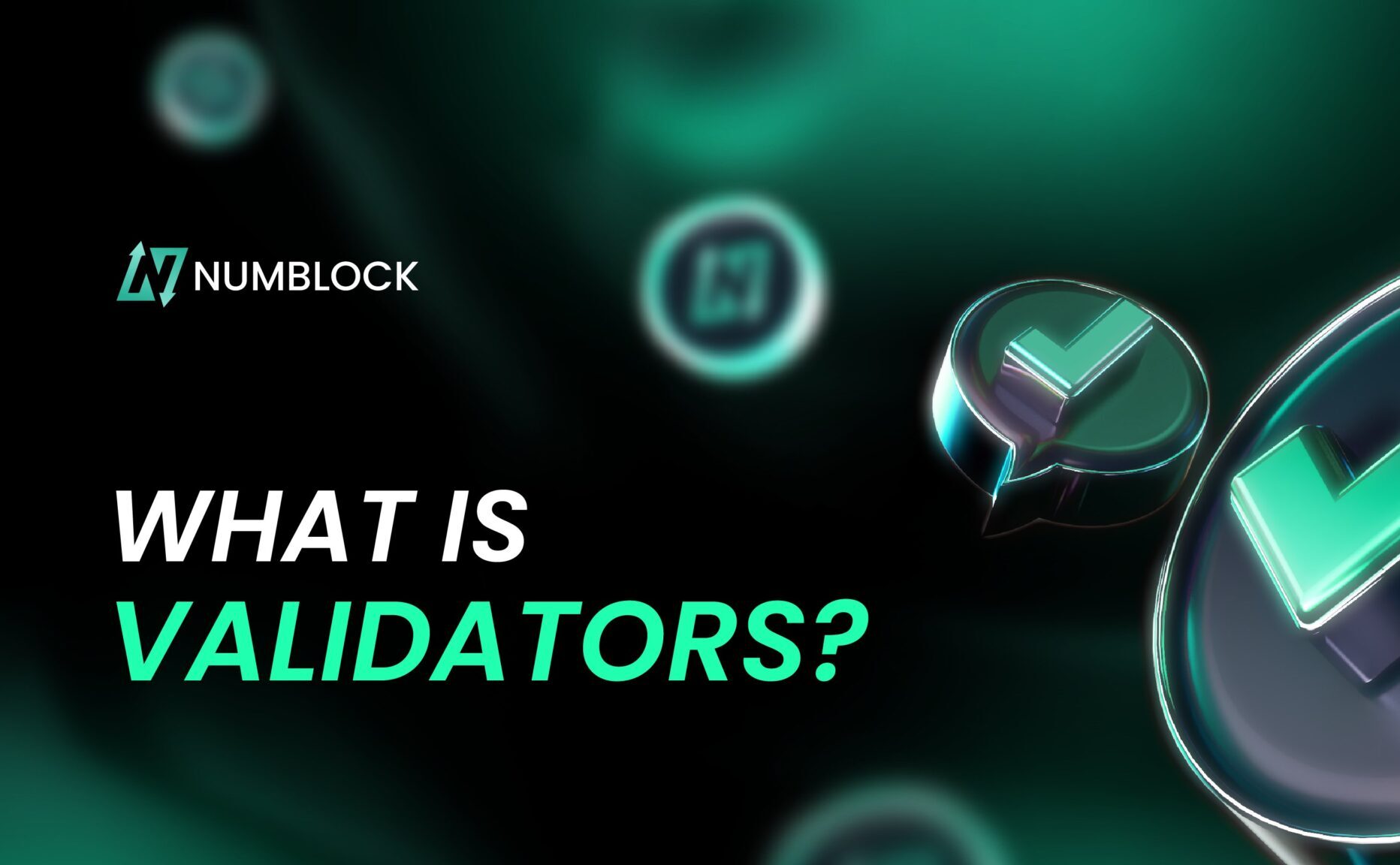Blockchain technology has various applications in different fields. In finance, blockchain can be used to increase transparency, reduce costs, and enhance security for financial transactions. Additionally, blockchain can also be used to build decentralized applications like DeFi (Decentralized Finance), allowing users to access financial products without going through intermediary organizations.
Blockchain can also be used to address issues related to data management and supply chain management. For example, blockchain can be used to manage product information, track production, shipping, and sales history. This helps increase transparency and reduce risks associated with counterfeiting and fraud.
Moreover, blockchain can also be used to build other decentralized applications like ticketing systems, betting applications, and asset management systems. These applications use blockchain to provide safety, transparency, and independence for users.
There are many blockchains that have been built to provide a platform for developers to create and launch dapps that cater to the aforementioned fields, however, these blockchains still have many limitations in terms of security, speed, and scalability. Furthermore, these blockchains lack pre-built frameworks that make it easier for developers to develop applications. Another limitation is the lack of bridges to easily move assets between different blockchains.
With the strong development of NFTs, they are widely used in digital art to protect intellectual property rights, add value to artworks, and provide new business opportunities for artists and investors. However, the applications of NFTs are still limited, especially the application of NFTs and blockchain technology in the ticketing system is very suitable. Using blockchain, ticket issuers can easily distribute them to buyers through NFTs issuance, and the tickets will be easier to verify and less susceptible to fraud than traditional ticketing systems.
Blockchain technology is also being used to create decentralized betting applications that offer greater transparency, fairness, and security. By using smart contracts, blockchain-based betting applications can automate many of the functions traditionally performed by betting intermediaries, such as odds calculation, result verification, and payouts. Blockchain-based betting applications also provide a high degree of transparency, enabling users to view the entire betting process and ensure that the outcome is fair and unbiased.
In summary, NumBlock blockchain is created to meet the requirements of security, speed, and scalability. Moreover, NumBlock blockchain is also fine-tuned and optimized for building ticketing systems and decentralized betting applications. Developers will not need to spend much time building dapps on NumBlock.
What is NumBlock?
NumBlock is a next-generation blockchain platform with high performance and EVM compatibility. It is built in a modular fashion to allow for easy upgrades, replacements, and unlimited scalability. In addition, NumBlock provides core libraries and user applications to help developers build dapps quickly.
Why choose NumBlock?
Performance and usability have been prioritized in the development of NumBlock for both developers and users.
- Simple to use, developers are accustomed to it due to its compatibility with EVM.
- Swift and low transaction fees.
- Secured safety.
- Easy scale up.
- Highly modular design facilitates updates and maintenance.
- There are libraries and pre-built applications available to support the ticketing system and betting applications.
- Support for transferring assets between different blockchains.





